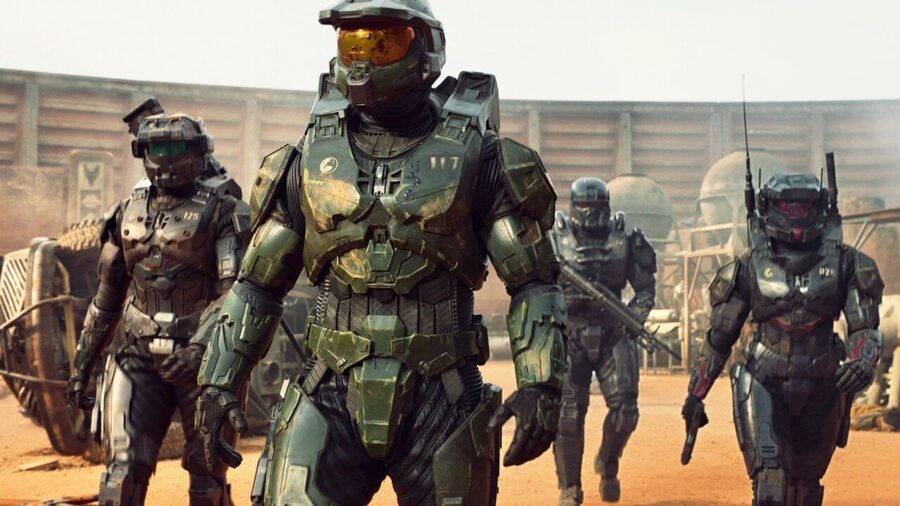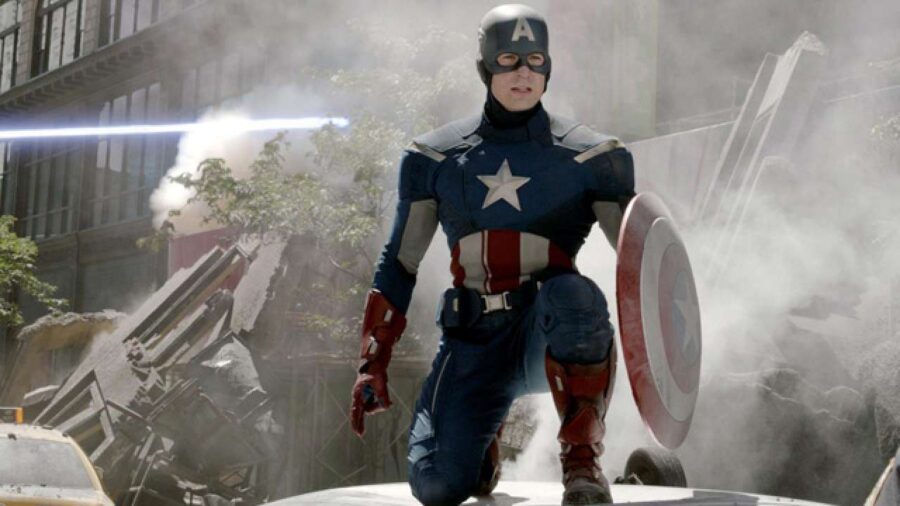Super Soldiers Pentagon Presentation Reveals Terminator-Like Future

People like dystopian movies because it satisfies our curiosity about the “dark side” of humankind. For better or for worse, people may not need to satiate that curiosity with film for much longer as a dystopian world is quickly becoming our reality. According to Vice, the Pentagon is already working on scientific advancements to create super soldiers, using science fiction pop culture like Captain America, Iron Man, The Matrix, Halo, and Robocop as inspiration.
Pentagon officials are ready to bring the present day into a dystopian future and recently discussed the creation of cybernetically enhanced “super soldiers” during the “Black Swan—Dawn of the Super Soldier” panel at the Interservice/Industry Training, Simulation, and Education Conference (I/ITSEC) in Orlando, Florida.
The panel, moderated by Lauren Reinerman-Jones of Defense Acquisition University, featured experts from the military-industrial complex, including U.S. Army Developmental Command representatives George Matook and Irwin Hudson, research scientist J.J. Walcutt, and Richard McKinley, an expert in “non-invasive brain stimulation” for the Air Force.

Inspired by pop culture references such as Marvel’s Captain America and Iron Man, the discussion delved into the possibilities of creating real-life super soldiers. Walcutt presented concepts like synthetic blood, replacing night vision goggles with eye drops, and a “soldier of the future” flooded with pain-numbing stimulants, capable of regrowing limbs and healing wounds like a lizard.
As one might expect, the conversation touched on ethical concerns, with references to science fiction and fantasy stories prevalent throughout. An audience member even proposed using technology to extend the service of retired veterans, reminiscent of John Scalzi’s novel Old Man’s War, where the elderly are transformed into super soldiers after being offered youthful bodies in exchange for military service.
When the audience member brought up the idea, Walcutt got excited, saying it was a great idea. He suggested it could provide purpose for retired veterans and potentially alleviate depression. McKinley added a futuristic twist to the super soldier idea by mentioning advancements in non-invasive brain stimulation technologies, drawing parallels to the iconic scene in The Matrix where knowledge is instantly uploaded to Neo’s brain.
Ethical considerations dominated the dialogue, with Matook questioning societal norms and laws that prevent the use of pharmaceutical enhancements or performance-enhancing substances. He emphasized the desire for U.S. soldiers to be over-matching any potential enemies, pushing the boundaries of ethical, legal, and societal norms. According to Matook, creating super soldiers would give the U.S. an advantage when it came to war against other countries.
Reinerman-Jones raised a crucial question about the fate of the super soldiers once their service is complete, asking whether these individuals would have to give up their freedom, effectively becoming property of the government for life. Hudson gave a one-word response, simply saying, “Termination.” The word, clearly spoken as a grim joke, should have brought chills to the panel’s spines. Instead, it was met with laughter.
The panelists’ discussion highlighted the fine line between advancing military capabilities and the ethical boundaries surrounding human augmentation. As technology continues to advance, the conversation around the creation of super soldiers raises critical questions about the future of warfare, the rights of enhanced individuals, and the responsibilities of governments in a rapidly evolving landscape.












